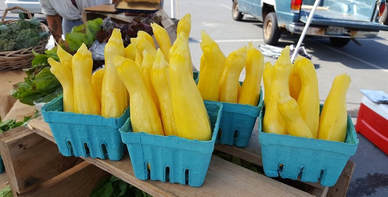Congress supported this funding over concern about Russian influence in the 2016 presidential election, specifically attempts uncovered to target voting-related digital systems in 21 states, and the desire to prevent Russian meddling in the 2018 mid-term and 2020 elections.
But they're catching up to what we already know: years of evidence point to the ease with which electronic voting machines are easy targets for hackers. (), in particular direct recording electronic machines (DREs) and machines that scan to record hand-marked paper ballots. Whether these machines are maliciously or accidently mis-programmed, the errors mount up and elections stolen.
In his article “So Your State Has Come Into Some Election Security Money. Now What?” Dave Nyczepir concludes that some states will have to tread water until the 2020 election as far as purchasing secure voting machines, but where there are voter-marked paper ballots there’s hope.
You can also read “Securing Threats to Election Systems” by Duncan Buell who researches electronic voting systems and AfD Council Member Ethan Scarl's article, “Impossible-Secure Computer Voting.” The “People's Vote Must Count” issue of Justice Rising features a wide range of articles on voting rights, electronic voting, and what we must do to ensure counts are accurate.



 RSS Feed
RSS Feed
